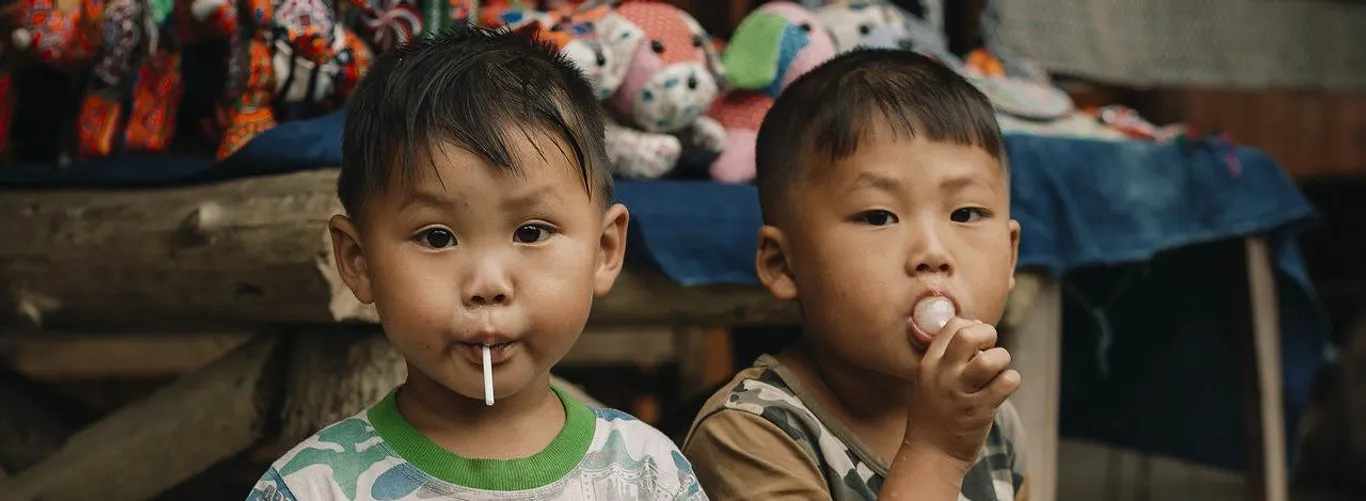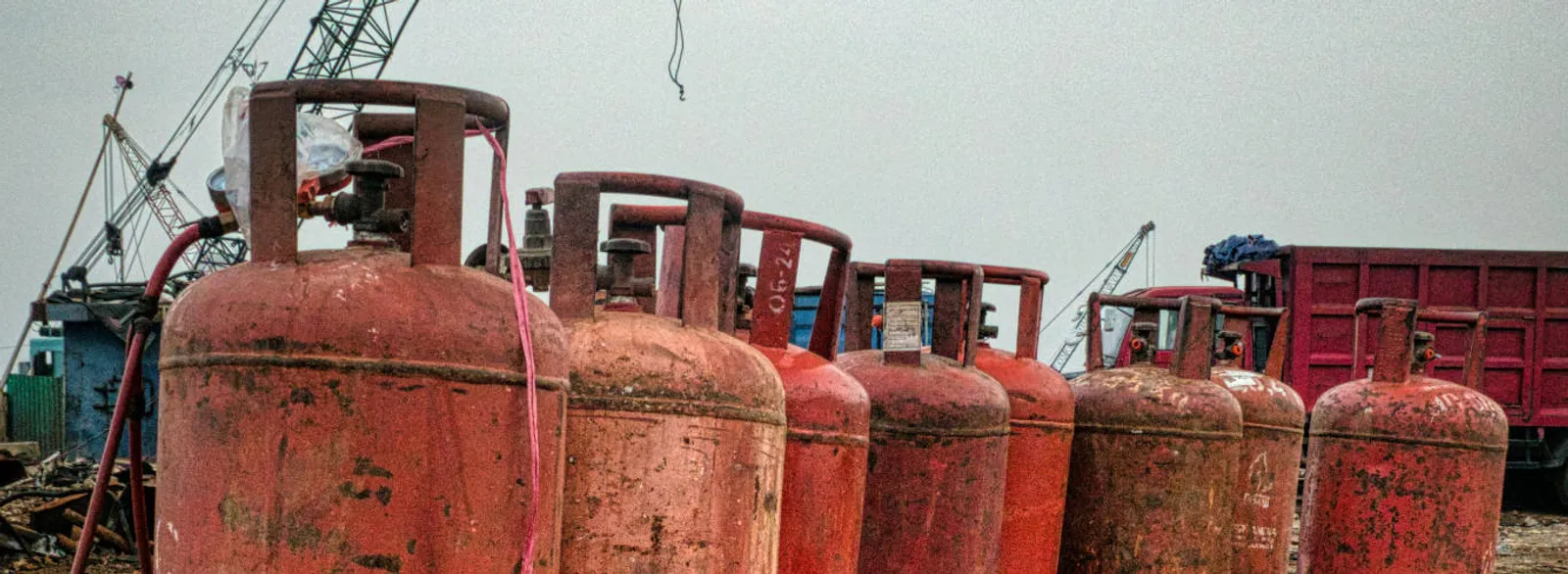If you are interested in ecology and recycling - sign up for our newsletter
The raport
The UN report on the impact of climate change on children reveals devastating consequences for the youngest globally. Extreme weather events such as floods, droughts, and wildfires force millions of children to leave their homes. From 2016 to 2021, over 43 million children were displaced, with about 20,000 becoming climate refugees daily. By 2050, over 100 million children could face displacement. The report calls for urgent action to mitigate the impact, including protecting children, ensuring their access to education and healthcare, and integrating children's needs into climate strategies and humanitarian programs.
The report emphasizes the unequal impact of climate change, highlighting that children in developing countries, especially tropical regions, are most vulnerable due to the lack of resources. Displacement often leads to lost access to education, healthcare, and safety, putting children at risk of poverty and marginalization. In refugee camps, children face malnutrition, diseases, and violence, affecting their physical and mental health.
UN urges governments and international communities to invest in infrastructure adaptation, early warning systems, and support for displaced families. Climate education should be integral to school programs to empower younger generations to understand and combat the challenges of climate change. Local and international collaboration is crucial to address climate crises, reduce emissions, and adapt to changing conditions.
Ultimately, the report highlights the importance of recognizing children's rights to safety, education, and stability even amid climate challenges. Global action, both adaptive and preventive, is necessary to secure a future where children do not bear the brunt of climate change they did not cause.






